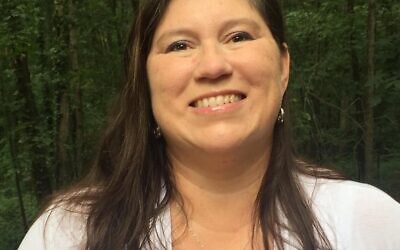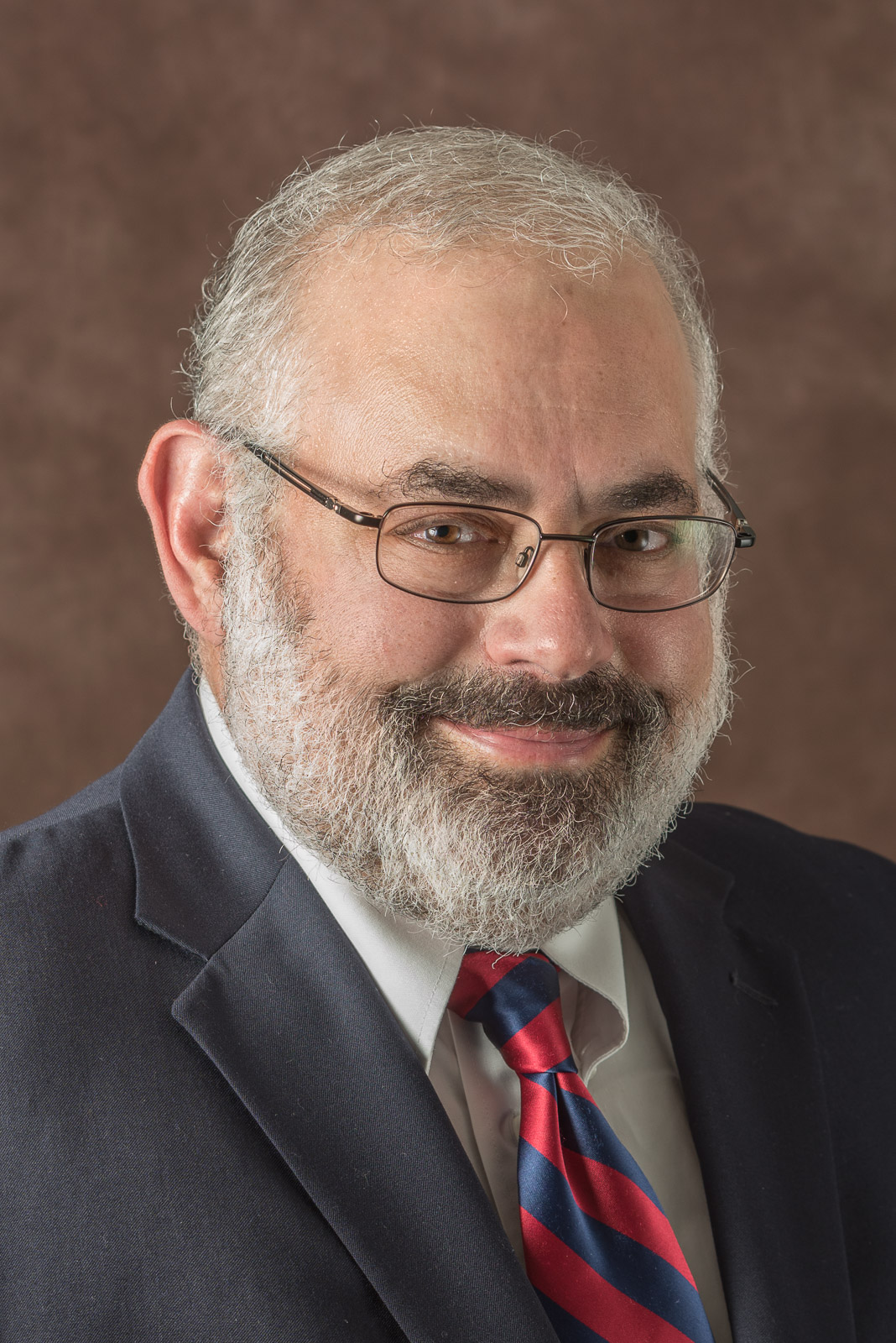Local Nonprofits Receive a Lifeline with Payroll Funds
Atlanta Jewish organizations had better application experience with smaller regional banks than national banks.
Bank loans backed by government stimulus money, targeted to protect payrolls stymied by the coronavirus pandemic, are trickling into Atlanta’s Jewish nonprofits. But so far, no one knows exactly how much the community will secure.
“There’s no direct survey of who has applied, who is waiting for approval and who has received money,” said Leslie Anderson, executive director of the Jewish Community Relations Council of Atlanta. But Anderson is working with the Jewish Federation of Greater Atlanta to scientifically capture that information, she told the AJT April 24. It was the same day that a second infusion of government-backed money was expected to be available for application by nonprofits.

That additional $310 billion for the Paycheck Protection Program (PPP) follows the initial $350 billion allocated as part of the Coronavirus Aid, Relief and Economic Security (CARES) Act that was signed into law by President Donald Trump in mid-March. The funding was designed to help keep workers employed amid the pandemic and economic downturn. The initiative provided 100 percent federally guaranteed loans to small businesses and nonprofits.
The initial $350 billion was spoken for immediately, forcing Congress to provide additional funding. According to Anderson, the replenished program was probably going to run out within days, as well. She was recommending that congregations and other nonprofits that didn’t receive funds through the first round should immediately reapply.
The application experience of Atlanta nonprofits has varied quite a bit, partly as a result of the banks they applied through. Marty Gilbert, executive director of Congregation Etz Chaim, said his synagogue had a relationship with Synovus, a smaller regional bank. “We applied the first day. It took us about three or four days to receive a follow-up and then a couple of days later, our application was approved,” he said. On April 18, he received the paperwork to sign and two days later, the money was in the bank.

“I’m in contact with other executive directors,” he said. “Almost everyone applied, but not every congregation got money.”
Gabby Leon Spatt, executive director of The Blue Dove Foundation, signed her organization’s approved documents on April 21. The foundation is an Atlanta-based nonprofit focused on mental health and substance abuse education, awareness and outreach through a Jewish lens.
Other Jewish nonprofits whose loan applications were either applied, approved or who already received their funding through the PPP include the Jewish Federation of Greater Atlanta, Hillels of Georgia, Jewish HomeLife, The Epstein School, Atlanta Jewish Academy, Ahavath Achim Synagogue and the William Breman Jewish Heritage Museum. Jewish Family & Career Services of Atlanta said it had applied but had not yet heard back from its bank.
While there isn’t a complete list of what funds Atlanta Jewish nonprofits have received, The Jewish Federations of North America did a national survey and found that, of the 1,100 organizations who responded, slightly more than a half had received funding to the tune of $264 million. The loans ranged from $5,000 to $5 million with an average of $250,000.
The PPP loans could be used for operational costs including payroll expenses; health benefits; paid, sick, medical/family leave and insurance premiums; mortgage interest; rent payments; and interest on debt incurred before the covered period. In addition, if the organizations meet certain requirements, they may qualify to have a portion of their loan forgiven.
“It’s my impression that this funding is a lifeline for a lot of organizations,” Anderson said.
Etz Chaim’s Gilbert explained that the PPP funds his congregation received will cover most of its payroll for the year ending June 30. “We’ll be able to pay all of our people through the end of the fiscal year,” he said. For instance, the congregation’s preschool closed on March 15. It has since been replaced with an online Zoom program for the kids, meaning the teachers are still working.
“The question was, how do you charge tuition? We approached the families and asked about charging them 50 percent of the tuition,” Gilbert explained. “Initially we thought we’d pay the teachers 50 percent. But because of the loan, we’re able to pay the preschool teachers 100 percent through the end of the school year, which ends in May.” The same applied to the religious school, he said. Moreover, he’s able to keep all of his administrative staff.
“We may have hard decisions going forward.” Gilbert acknowledged the help of congregation president Linda Pollock, CFO Billy Balser and executive vice president Jamie Platt-Lyons. “We don’t know how people will be impacted in the future, but this makes it easier to keep everyone whole. It buys us some time. I’m happy this [funding] was available to us. It allowed us to do the right thing by our people.”
In fact, the PPP funding “is meant as a stopgap measure and will serve that purpose,” Anderson said. “It’s not a boon to Jewish organizations, but it will allow them to not lose more ground” as the economy stumbles forward in the aftermath of the pandemic.
“The larger issue will be that because of the economy, donations will be down, both on an individual and corporate level. The state budget will be cut. Yet, demand will remain high. There are still going to be challenges over the next year,” Anderson added.




comments